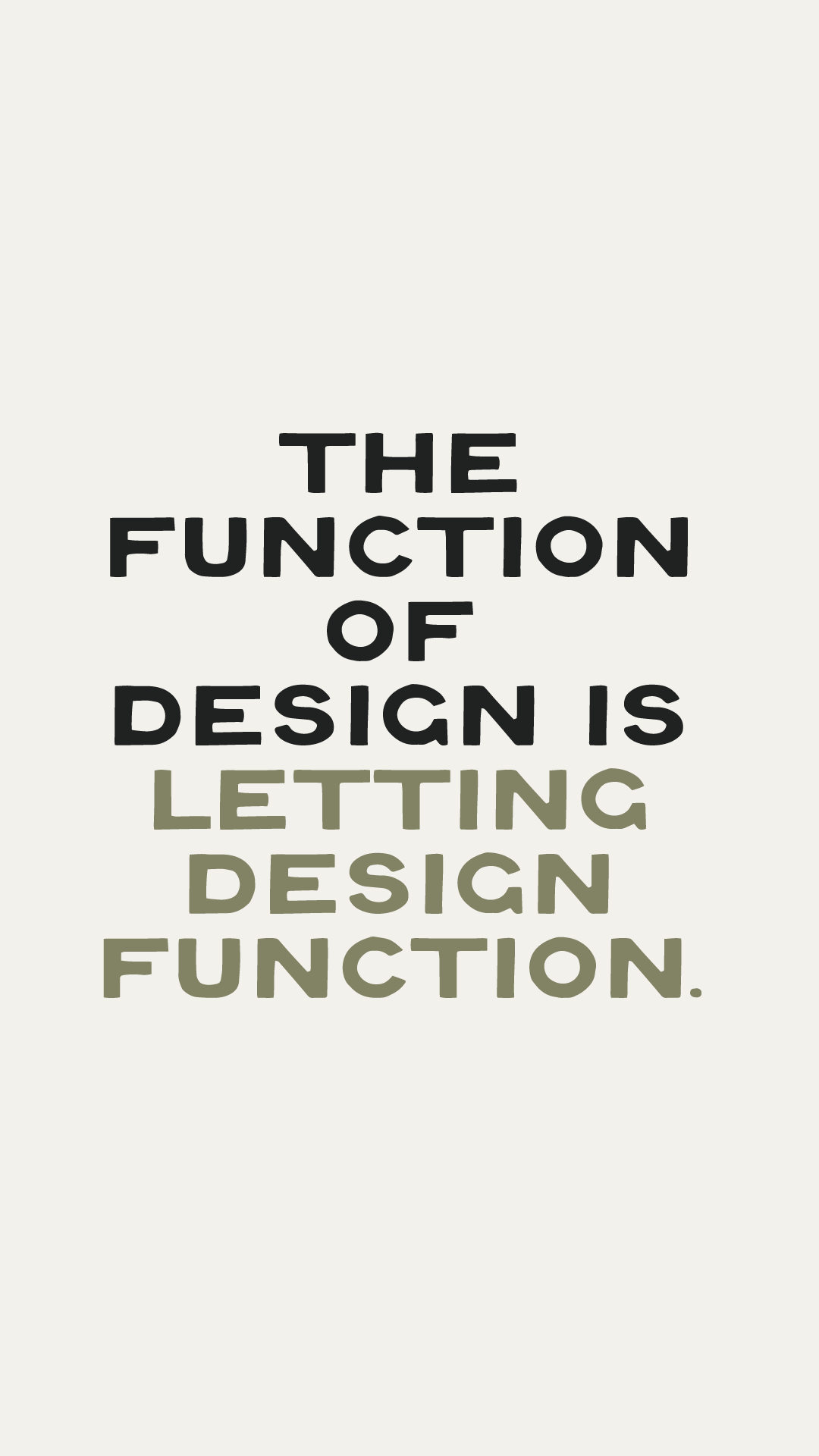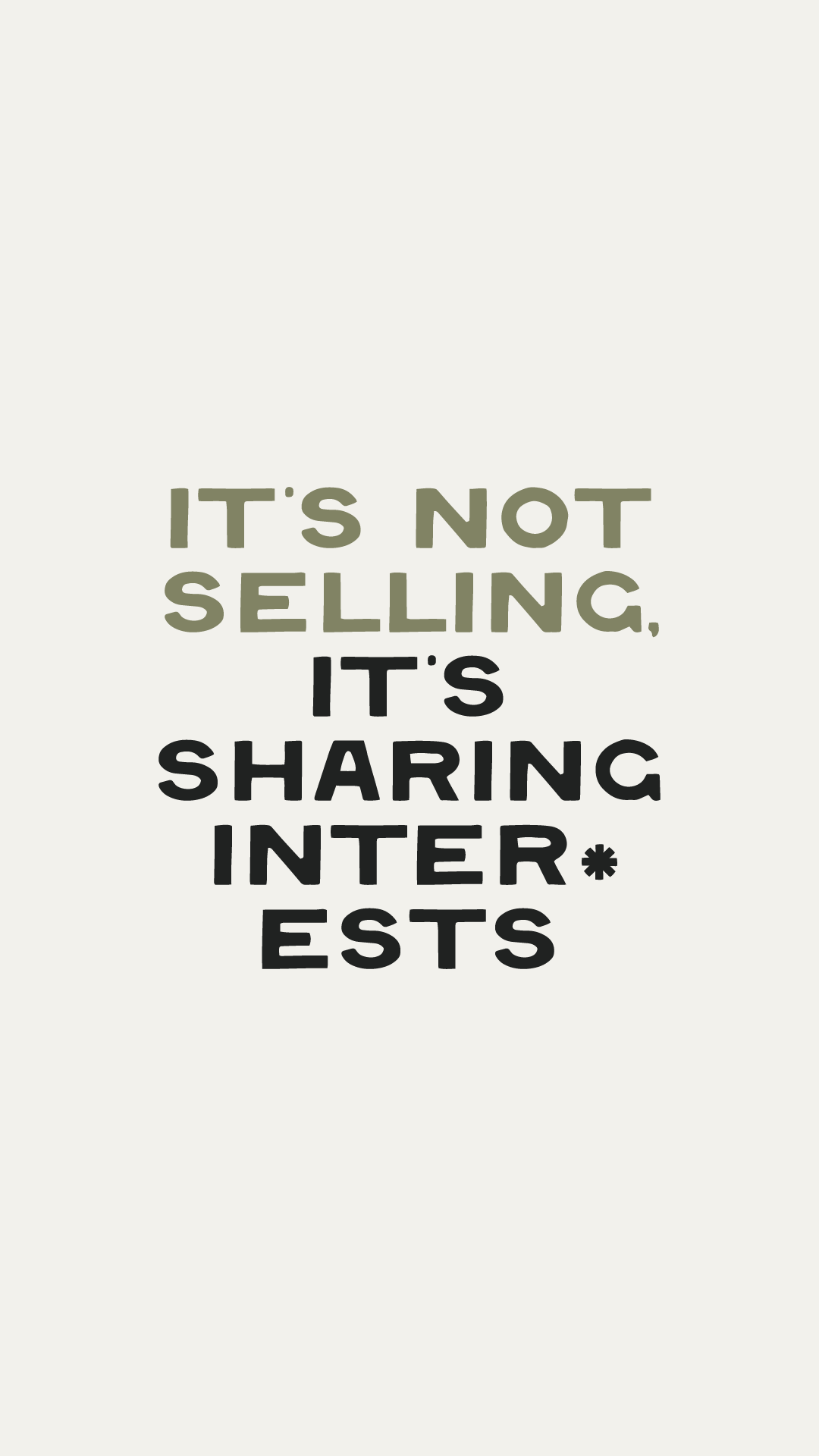Designing for the mind
Psychology is defined as the scientific study of the human mind & its functions. It’s the study of how people behave.
Knowing this can be the key to designing your business for success, but it comes with a certain commitment or responsibility.
Using psychology doesn’t have to feel manipulative, it can help design easier-to-use products, it can help create a common interest, among other things.
Let’s see how it can play a role in both design & business.
“The function of design is letting design function” said -Micha Commeren
It took me a while to actually understand this statement.
As a self-taught graphic designer, I’ve spent most of my early years blatantly following design trends and designing what I thought looked good. But most of my designs lacked a very basic factor, intent.
A designer’s role is not just to create visually appealing designs, but to communicate something & create an impact through intentional design solutions.
The art of influencing minds through visual communication is called “persuasive design” & it comes with a certain responsibility.
Different people feel different emotions while viewing the same thing.
In an art gallery, every person has a different impression of the art displayed or experiences the environment differently. Visual appropriateness is key to creating an experience.
An understanding of psychology plays a huge role in this. Human experiences are unique, but the subconscious thought process is common for all. It is this that creates a state of valance.
A designer imparts valuable suggestions via their designs which helps people make better decisions.
“There is power in suggestion,” said Michael Craig in his article Pixels of Influence
Suggestions often bypass the conscious mind, directly impacting our subconscious mind.
The brands we love, have an impact on our actions without us even realizing it.
That sense of being persuaded without realizing can feel manipulative, which is a big topic of discussion within the space.
People just don’t like feeling sold to.
But we can use psychology in more modern ways.
As a small business owner who prioritizes authenticity, marketing can definitely feel gross.
As a designer & creative, it’s the last thing I want to be doing.
When you search for advice online, you’ll find plenty of tips & tricks on how to market your brand.
But knowing how & why people act the way they do, can help us create more meaningful marketing.
In Dale Carnegie's book “How to Win Friends & Influence People”, two great principles on making people like you stood out to me.
Talk in terms of the other person's interests
Make the other feel important & do so sincerely.
It’s like that quote, people aren’t thinking about you as much as you’re thinking about you.
We’re all just thinking about ourselves (for the most part).
In business, the customer might not always be right, but their interests, desires & needs must come first.
All your marketing should be about them.
What do they need to hear right now?
What are they struggling with? How can you help?
It’s not selling, it’s sharing interests.
The reason you went into business in the first place.
Another way psychology plays a role in our user's behavior is social proof, also known as the bandwagon effect.
People are more willing to take part in a trend or behavior if they see others doing the same.
Think, causing major FOMO.
& it only takes a few to start a movement.
To do this authentically is to keep it small & intentional.
We’re not growing for the sake of growth, we’re trying to find our people.
This isn’t influencer hype or even expert knowledge, it’s the wisdom of your friends.
This builds trust with the brand.
It’s about creating a tight-knit community that's so niche, they feel the need to spread the word on their own, to other aligned people.
Psychology & marketing get a bad rep, but it can be done sincerely.
When we put the focus on the end user instead of infinite growth & vanity metrics, we can use it to our advantage while actually fostering trust.
Psychology plays a huge role in branding & business without us even being aware. It’s subconscious, but we can feel the difference in authenticity.
As business owners, we need to be sincere in our practices. We need to be in business for the right reasons.
As designers, we need to be mindful of our decisions as they truly shape the world.
Thanks for reading!
Let us know you’re thoughts in the comments.
wanna save for later? click the image below to share directly to your pinterest ↓





